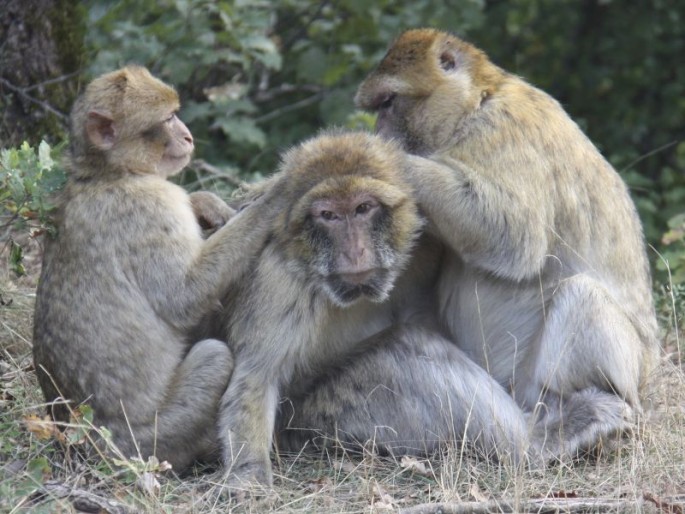It's pretty common that when a person gets older, that person has lesser friends now compared to when he or she was in his or her 20s and also becomes even more selective with who they want to spend time with.
In a new study, monkeys also exhibit this social pattern as they get older as new findings reveal how human selectivity is now deeply rooted in evolutionary history.
According to biologist, Laura Almeling from the Leibniz Institute for Primate Research, this also suggests an important psychological theory implying that humans become socially selective since they already know that the remainder of their lifespan is now limited, as it naturally happens during old age. However, we assume that monkeys are not really aware of their own limited time in this world when they grow old.
Almeling explains that if monkeys exhibit similar motivational changes during old age, this type of selectivity cannot be attributed to their knowing about a limited future time. Instead, there could be similar physiological changes both in humans and monkeys that can be attributed to this increased selectivity.
Duringe experiments, researchers presented some Barbary macaques animal toys where one of them featured a food treat. Adolescent monkeys quickly became bored with the toys and have chosen the one with the special treat when they matured.
Scientists also monitored their behavioral patterns as they grow into adults, where their findings are based on field observations that measured the monkeys' response to some images and sounds produced by friends and infants.
Older monkeys are still observed to engage and become interested in group dynamics and social interactions but they are seen to devote less time and energy in social relationships.
Almeling reveals that monkeys become more selective in social interactions as they grow old, which means they have fewer friends and invested less in social interactions even if they are still interested in what was occurring in their social world.
Older female monkeys continue to respond when they hear a scream from their best friend while older males looked more on newborn images presented to them by researchers since Barbary macaque males consider infants as status symbols.
This new study is published in the in the journal Cell Biology.



























